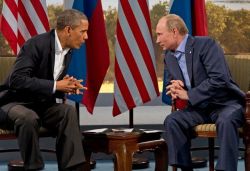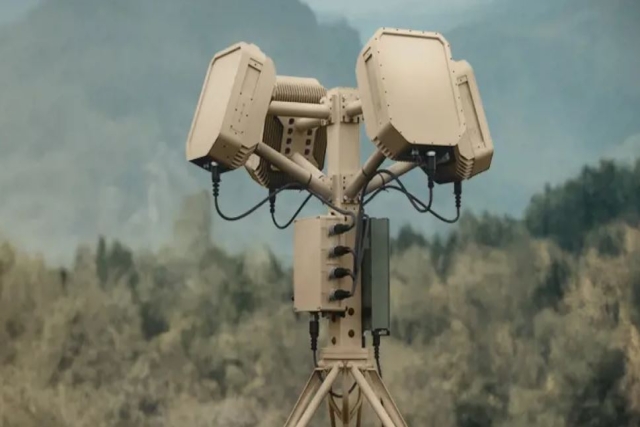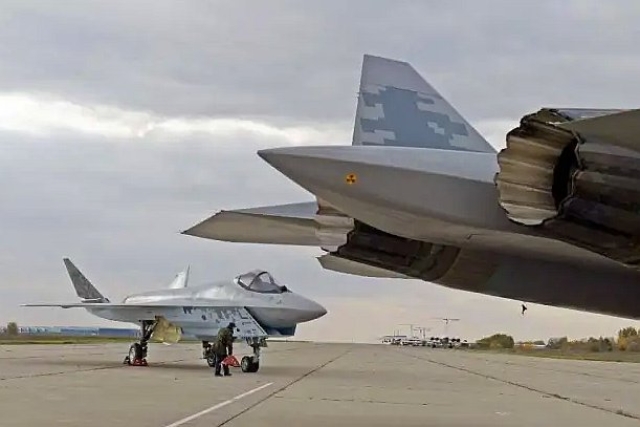Putin Gets Ahead of Obama In Information War Over Syria

A day after Russian President Putin’s op-ed in the New York Times opposing U.S. President Obama’s call to bomb Syria created world headlines, the White House hit back stating that Russia is "isolated and alone" in blaming the Syrian opposition for the use of chemical weapons.
Putin’s forceful argument countering the use of military force against Syrian targets for the alleged use of chemical weapons was echoed in newspapers, blogs and television discussions all over the world creating a tidal wave of responses in favor of a peaceful solution to the Syrian crisis and an opposition to military intervention by America.
The core argument of Putin’s essay is that poison gas was used in Syria, but by opposition forces. Military intervention in a sovereign nation can only be done with the approval of the U.N. Security Council and that “it is alarming that military intervention in internal conflicts in foreign countries has become commonplace for the United States”.
Perhaps stung by this criticism in a media squarely targeting the American public, White House spokesperson Jay Carney said yesterday that even countries like Iran agree that Syria's government is responsible (for the chemical attacks).
He also said there's "great irony" in Putin placing his piece in the Times which reflects the “exceptional” tradition of freedom of expression in the U.S.
Putin has argued, “It is extremely dangerous to encourage people to see themselves as exceptional, whatever the motivation”, in response to President Obama’s statement, United States’ policy is “what makes America different. It’s what makes us exceptional”.
The mainline American media’s reaction too was similar to the White House response-to dismiss the content as rhetoric. The New Yorker said commenting on Putin’s piece, “The quality of the propaganda coming out of the Kremlin has dramatically improved since the days of Stalin, the Comintern, and Pravda.”
Despite the noise over Putin’s essay, it is no secret that the Russian proposal to get the Assad regime to dismantle its chemical weapons has found wide-spread global support and is seen as the only option the U.N. Security Council could approve.
The U.S. will be a tight spot if it vetoes the proposal, having already declared that it supports the Russian initiative to give peace a chance.












